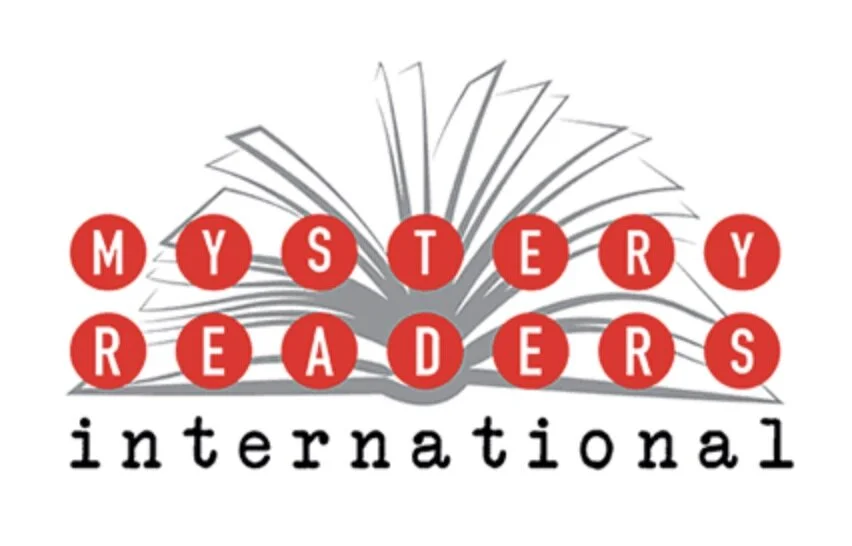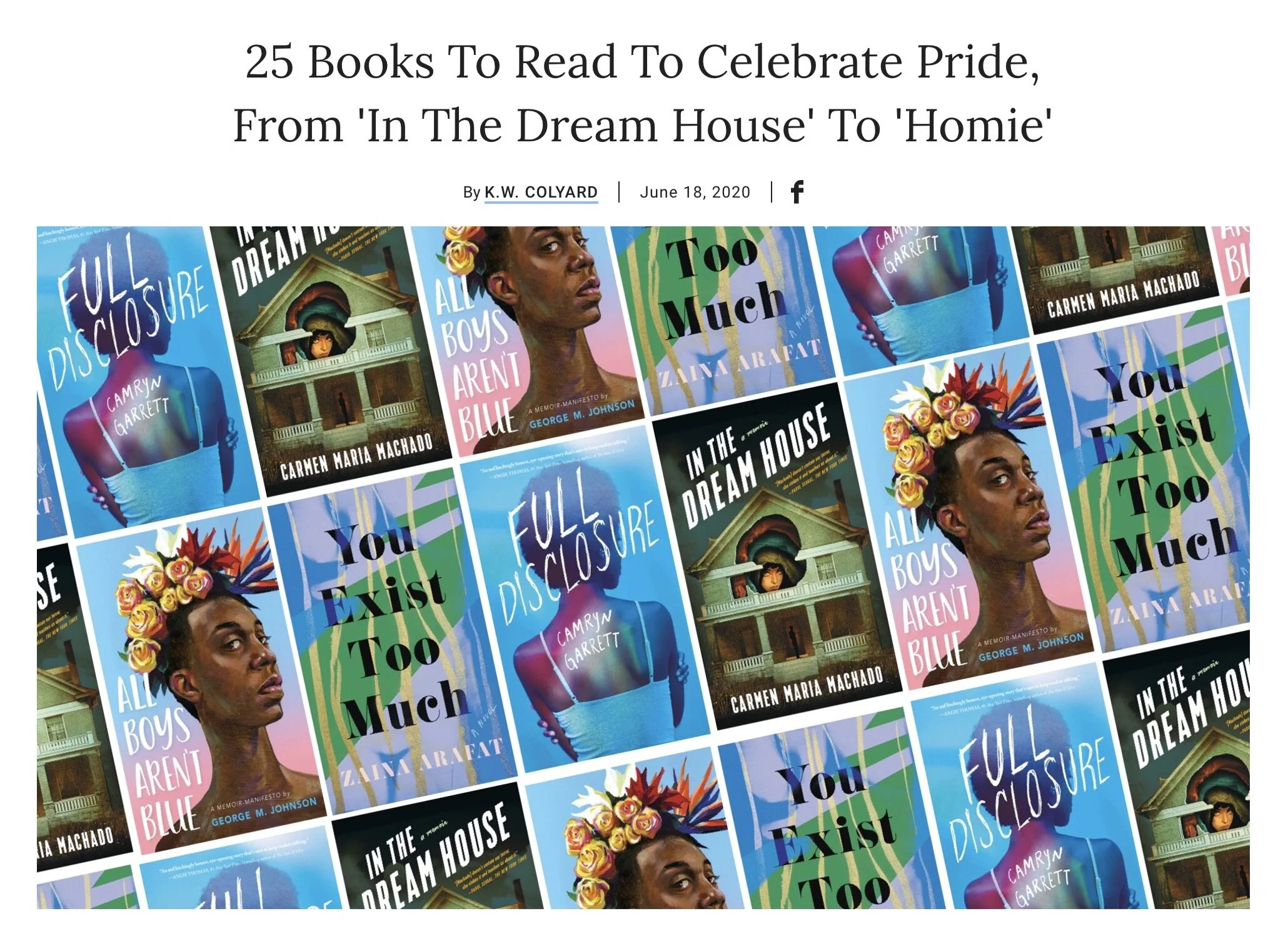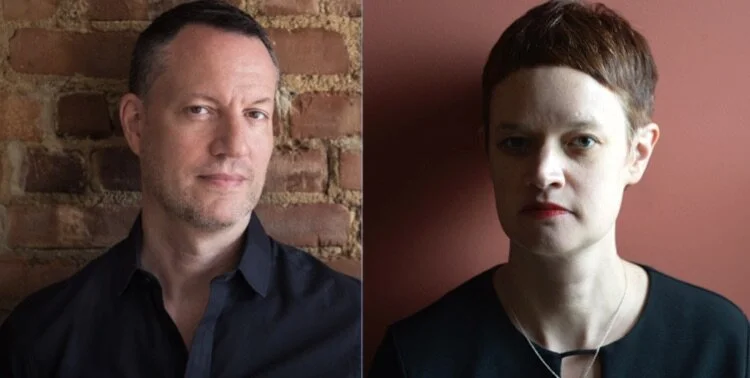INDECENT ADVANCES UK Paperback Published
The paperback edition of INDECENT ADVANCES is out in the UK, just in time for 2020 Pride Month. The book has a dandy new cover design.
Check it out at Icon Books.

The paperback edition of INDECENT ADVANCES is out in the UK, just in time for 2020 Pride Month. The book has a dandy new cover design.
Check it out at Icon Books.

Thrilled to see Indecent Advances nominated for a Macavity Award in Best Mystery Nonfiction by the Mystery Readers International. It’s a huge honor to have the book loved and nominated by readers.
Read More at Mystery Readers

“Indecent Advances is an eye-opening look at how far we've come and, in its stories' similarity to contemporary accounts of anti-gay violence, a portrait of how far we have left to go.”
Humbled to be included among so many great books and admired writers.
Read more at Bustle

“Queer people have always had a relationship to crime—often by force rather than choice. Our very existence has been outlawed, criminalized, medicalized. Our status as citizens put into question, or made a subject of legal debate. Which is why the contemporary popularity and evolution of the true crime genre opens up new possibilities to recount queer experiences and histories.
Either recovering long forgotten crimes, or creating inventive forms of storytelling, here are seven contemporary books that unsettle, illuminate, and define a queer aesthetic in true crime.”
Read more at CrimeReads
"A fast-paced, meticulously researched, thoroughly engaging (and often infuriating) look-see into the systematic criminalization of gay men and widespread condemnation of homosexuality post-World War I." ―Alexis Burling, San Francisco Chronicle Stories of murder have never been just about killers and victims. Instead, crime stories take the shape of their times and reflect cultural notions and prejudices.


Thrilled to announce that the US paperback edition of INDECENT ADVANCES is out. The cover is filled with all those lovely blurbs.
Check it out at Counterpoint Press

INDECENT ADVANCES was nominated for a 2020 Edgar Award in the category of Best Fact Crime. Thrilled to be among so many great books this year.
Read the list of finalist at the Mystery Writers of America
“Resurrecting a forgotten era of queer history, Polchin masterfully weaves brutal true crime research with critical analysis of the social history, exploring the way the media and nascent psychological theories were weaponizing prejudice and perpetuating a deviant stereotype of gay men.”
Check out the full list at Crime Reads


CARLEY MOORE: We’ve talked about how, in some ways, Indecent Advances is a collection of grief that you have expertly and vividly stitched together.
JAMES POLCHIN: Yeah, when you said, “It’s really a book of grief,” it made me think about how these cases and these murders have been lost to history and how the book is about making them available. This idea of grief is fascinating because it’s about our own relationship to history. By recovering these cases, we are witnessing them through a contemporary lens that I think is really important, both for the victims, and for the family and friends of these people.
CM: Your book came out around the fiftieth anniversary of Stonewall. Stonewall was a riot and a radical act, but so much of Pride now seems to be about celebration and joy. It strikes me that you can’t always get to joy and celebration until you actually give people a space to mourn or grieve—or, actually, those things could be happening next to each other. But it’s hard sometimes, historically, to do both those things.
JP: For me, in writing this, there was a lot of grief, but also a lot of anger that kind of couples with it. I think you’re right, there is a simmering foundation upon which celebration happens, but I would hope that there’s always a sense of grief and anger underneath. Does this coupling play out in your book?
Read more at Bookforum online
“Regarding the impact of the book, Polchin says, “It really resonates with folks to recover this history of damage and discrimination. It feels rich, particularly at this political historical moment, for us to think about our past and how queer people were criminalized. We are being made aware right now of how fragile our rights are and of all the work done to accomplish those rights. This history reveals to us what we have accomplished, but also the fragility of what we have achieved.”
Read more of this interview at Provincetown Local.